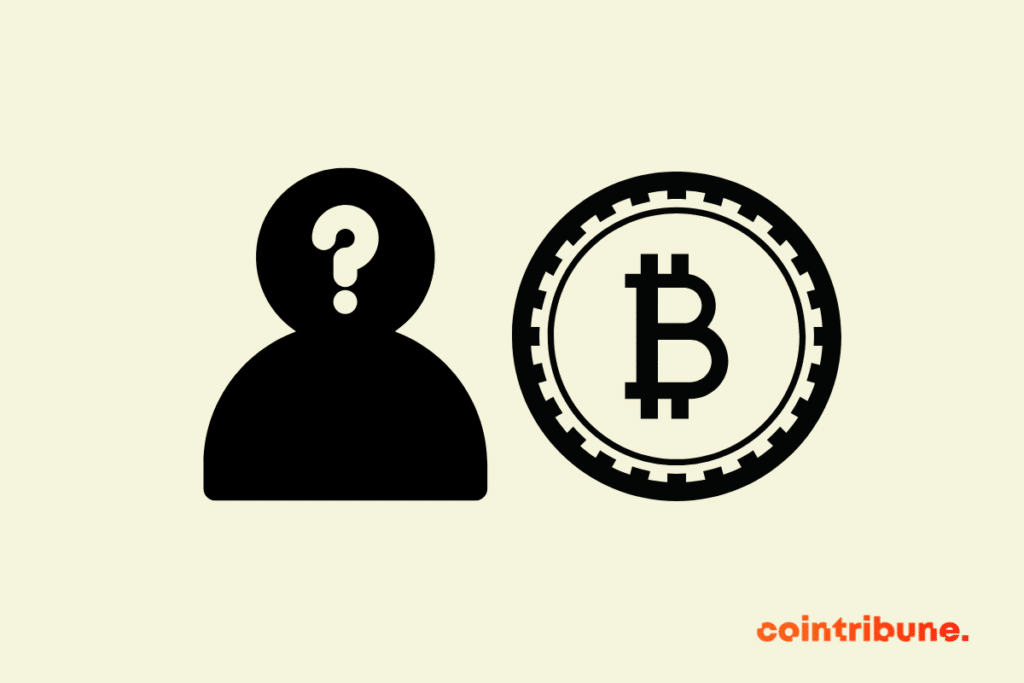Empowering Relationships: BVSM Marriage Services
Explore expert advice and support for successful marriages.
Behind the Digital Mask: Navigating Anonymity in Crypto Platforms
Uncover the truth behind crypto anonymity! Explore how digital masks affect your security and privacy on crypto platforms.
Exploring the Benefits and Risks of Anonymity on Crypto Platforms
In recent years, the rise of cryptocurrency has revolutionized the way we conduct transactions. One of the most intriguing aspects of crypto platforms is the anonymity they offer users. This privacy comes with its own set of benefits. Firstly, it provides a sense of security and freedom, allowing individuals to engage in financial activities without the fear of being monitored by government agencies or large corporations. Additionally, anonymity can facilitate greater participation in global markets, enabling users from regions with strict financial regulations to access a wider array of financial products. However, it is important to also consider the risks associated with such anonymity.
While the anonymity provided by crypto platforms can be empowering, it also carries significant risks. One of the most concerning implications is the potential for illegal activities, including money laundering and fraud, which can thrive in environments lacking stringent regulations. Furthermore, the absence of accountability may deter legitimate businesses from accepting cryptocurrency payments, as they might fear association with illicit transactions. Finally, users who rely solely on anonymity for protection might find themselves vulnerable to various types of scams and hacks, which can result in substantial financial losses. It is vital for users to weigh these benefits and risks carefully as they navigate the evolving landscape of crypto.

Counter-Strike is a popular team-based first-person shooter game that has captivated players since its release. It emphasizes strategy, teamwork, and skill, making it a favorite in the competitive gaming community. Players can enhance their gaming experience and perhaps enjoy some bonuses through various promotions, such as the cryptocasino.com promo code, which can provide exciting offers and rewards.
How to Protect Your Identity while Trading Cryptocurrency
In today's digital age, protecting your identity while trading cryptocurrency is crucial to avoid falling victim to identity theft or fraud. One of the first steps you should take is to utilize strong passwords and enable two-factor authentication on all your trading accounts. This adds an additional layer of security, making it significantly harder for unauthorized users to gain access to your sensitive information. Additionally, consider using a reputable VPN service when trading to obscure your IP address, enhancing your privacy and protecting your identity.
Moreover, it's essential to keep your personal information private. Avoid sharing sensitive details such as your real name, address, or phone number on public forums related to cryptocurrency trading. When possible, use a pseudonym or nickname to maintain a level of anonymity. Regularly update your software and devices to the latest security patches and use reliable, secure wallets to store your cryptocurrencies. By following these steps, you can effectively minimize the risks associated with identity theft in the crypto space.
Is True Anonymity Possible in the World of Digital Currency?
The rise of digital currency has sparked a heated debate about the possibility of true anonymity. Traditional financial systems often require personal identification, making it difficult to remain incognito. However, cryptocurrencies like Bitcoin and Monero offer varying levels of privacy. While Bitcoin transactions are recorded on a public ledger, they can still be traced back to individuals through their wallet addresses. In contrast, privacy-focused currencies like Monero utilize advanced cryptographic techniques that obscure transaction details, thereby enhancing user anonymity. Despite these advancements, the question remains: can anyone truly escape scrutiny in an increasingly interconnected world?
Furthermore, as governments and regulatory bodies intensify their efforts to monitor and control digital currency usage, the quest for true anonymity becomes even more complex. Techniques such as coin mixing and utilizing decentralized exchanges may provide temporary relief from surveillance, but they are not foolproof solutions. Law enforcement agencies are developing sophisticated tools capable of de-anonymizing transactions, highlighting the ongoing cat-and-mouse game between privacy advocates and regulators. Ultimately, while achieving complete anonymity in the realm of digital currency may be possible to some extent, it is fraught with challenges and limitations that users must consider.